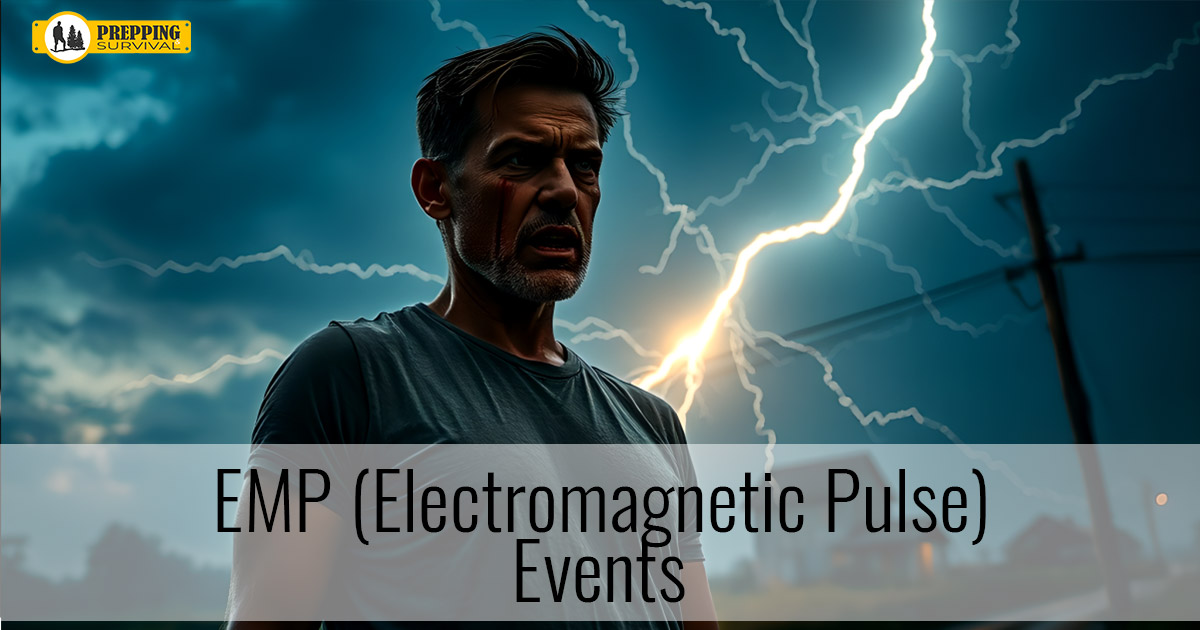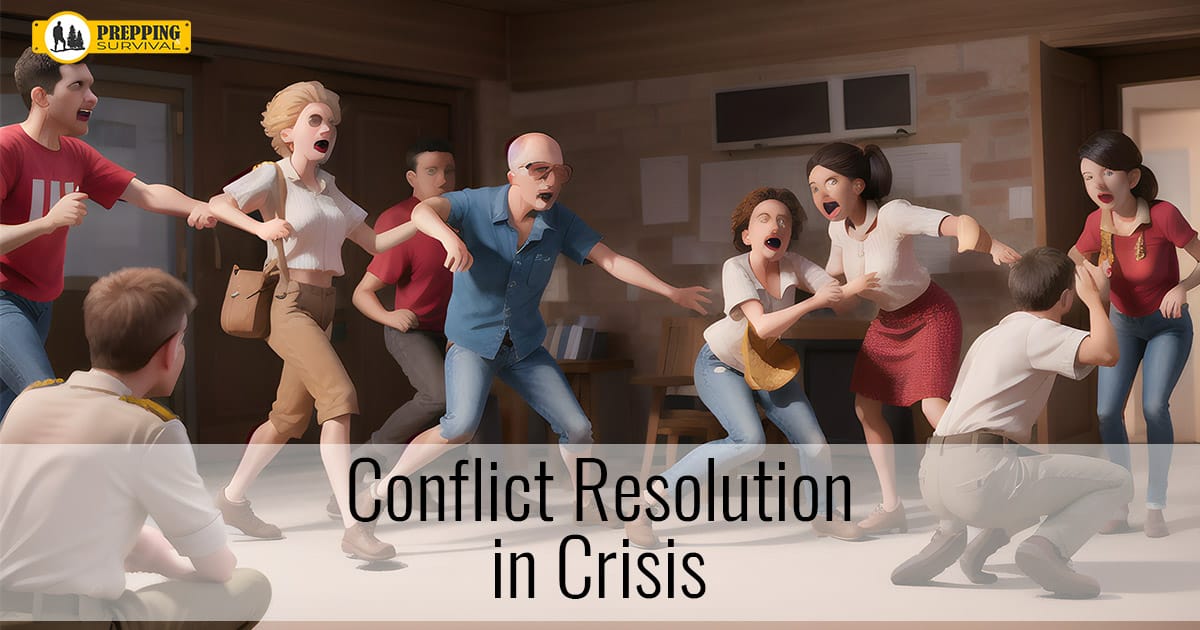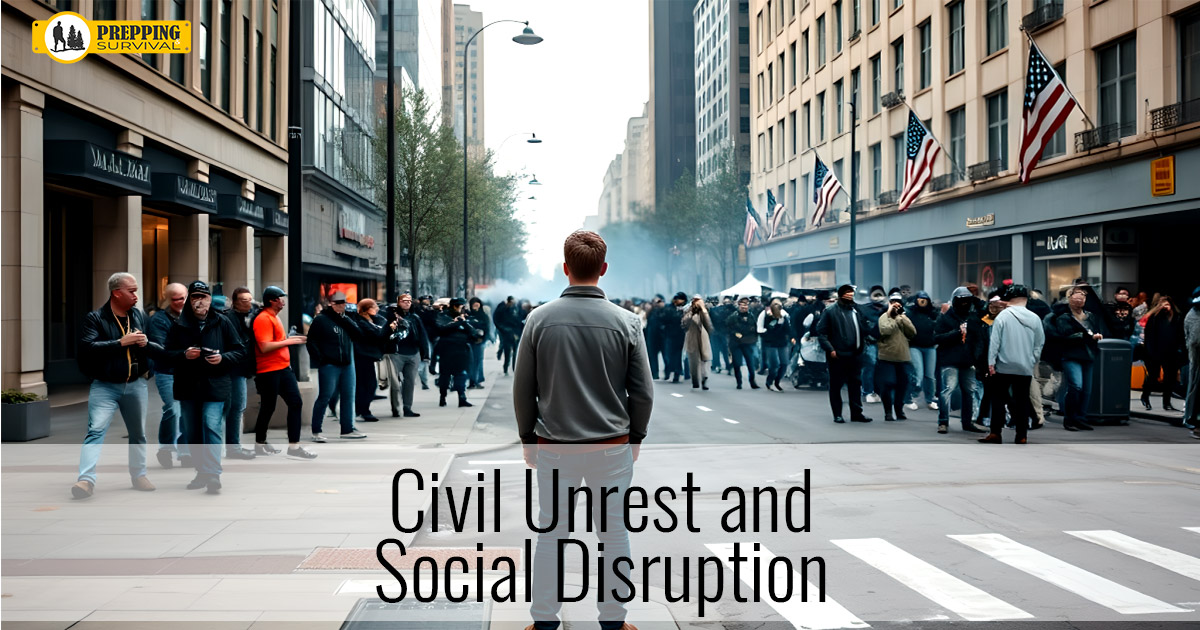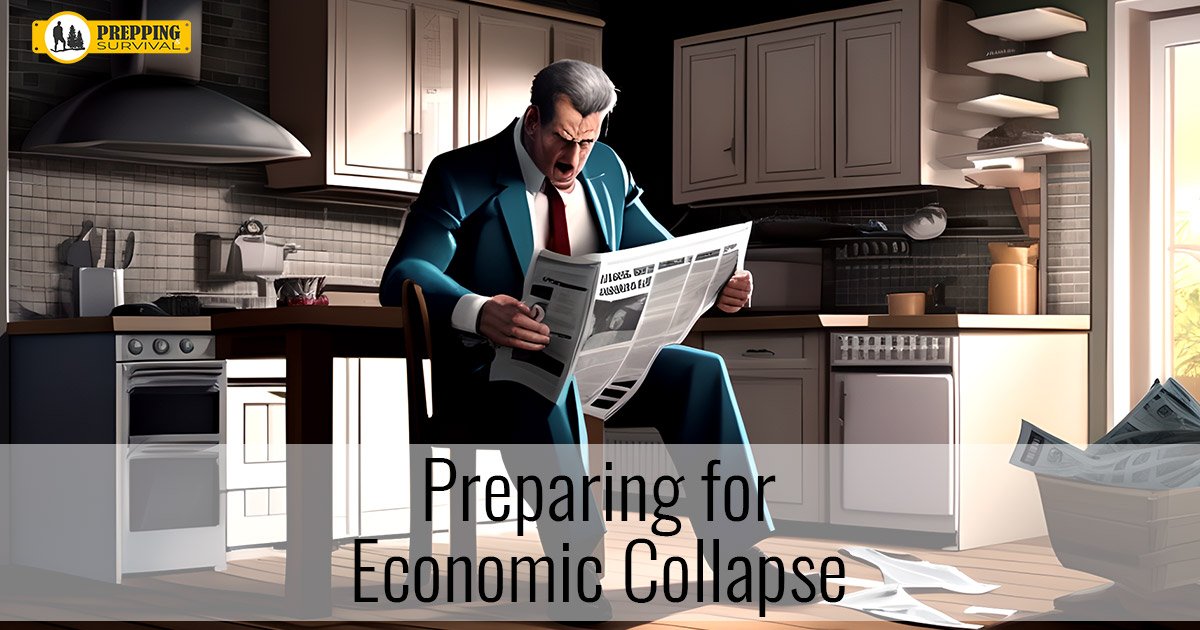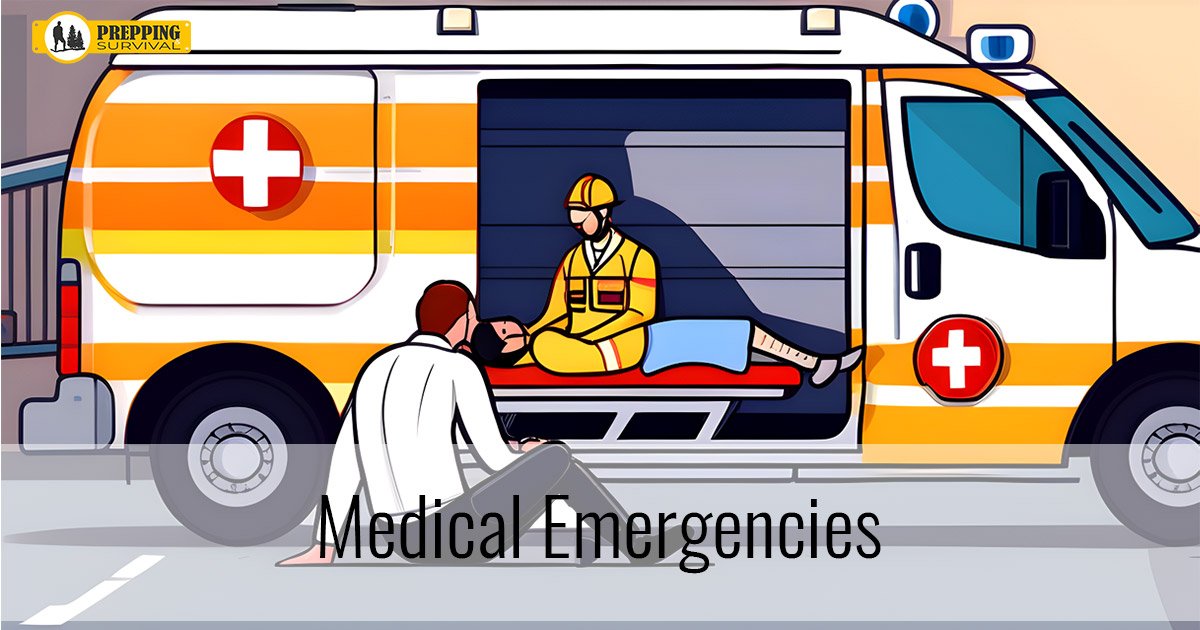Dealing with a crisis and conflict resolution is not just about stockpiling supplies; it’s about communicating and resolving issues, especially when you’re part of a team or community feeling the heat. When everything starts to fall apart, tensions can go through the roof. Differences between people become glaringly obvious, and keeping everyone on the same page can feel like trying to herd cats. That’s why it’s so important to resolve disagreements and keep the communication flowing—it’s what holds the group together and keeps everyone safe.
Spotting conflicts before they escalate is like catching a cold before it turns into the flu. If you catch on early, you can step in before things get nasty. The first thing to do? Make sure everyone feels heard. When folks feel like someone’s actually listening—not judging or anything—things usually simmer down a little.
Talk about any problems
It’s crucial to talk problems out without blaming anyone. You’ve got to express what you need and how you feel without making it a finger-pointing session. “I” statements are your friend here. Saying something like, “I feel anxious when we don’t have a plan for our water supply,” is way better than accusing someone of dropping the ball on stocking up. Empathy is key, too. When you try to understand where someone else is coming from, finding a solution gets a whole lot easier.
Find common ground
The aim of conflict resolution is to find some common ground—like making sure everyone agrees on the importance of staying safe and secure. Negotiation skills come in handy here, finding a compromise that works for everyone. In survival situations, resources might be scarce, so you’ve got to get creative to meet everyone’s needs without too much sacrifice.
Set boundaries for Conflict Resolution
Setting boundaries is another piece of the puzzle. It’s about ensuring everyone knows what’s expected of them and avoiding stepping on each other’s toes. This could be about personal space, how resources are shared, or who does which task. Nipping conflicts in the bud is just as important as resolving them.
You can do this by making sure everyone’s on the same page about how to communicate and what the group norms are. Regular check-ins or meetings can help sort out any issues before they blow up, keeping everyone focused on the group’s goals.
And remember, keeping a positive attitude and looking at the bigger picture can really ease tensions. Reminding everyone that you’re all in this together, trying to make it through, can make smaller arguments seem less significant and build a stronger sense of teamwork.
Conslusion
In short, getting through a crisis is a mix of empathy, conflict resolution, listening skills, clear communication, negotiation, setting boundaries, and focusing on shared goals. These are essential for survival preppers, helping them stay calm under pressure and work together effectively to survive. Conflict resolution is by any means one of the pilars of surviving in crisis.
You may also like
